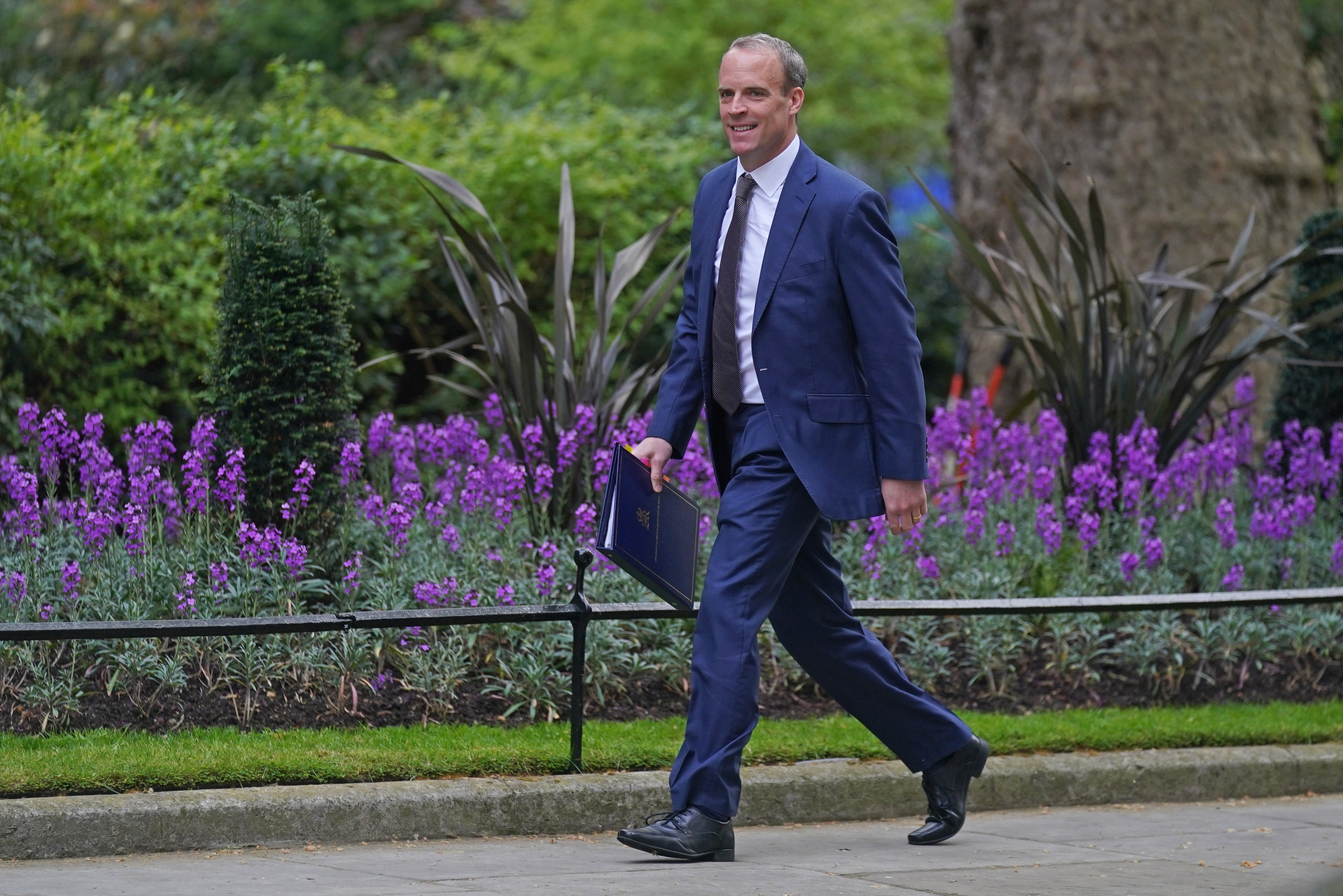Decision due on Government bid to keep Baby P’s mother behind bars
The Parole Board could make a ruling later this week.

Your support helps us to tell the story
From reproductive rights to climate change to Big Tech, The Independent is on the ground when the story is developing. Whether it's investigating the financials of Elon Musk's pro-Trump PAC or producing our latest documentary, 'The A Word', which shines a light on the American women fighting for reproductive rights, we know how important it is to parse out the facts from the messaging.
At such a critical moment in US history, we need reporters on the ground. Your donation allows us to keep sending journalists to speak to both sides of the story.
The Independent is trusted by Americans across the entire political spectrum. And unlike many other quality news outlets, we choose not to lock Americans out of our reporting and analysis with paywalls. We believe quality journalism should be available to everyone, paid for by those who can afford it.
Your support makes all the difference.Parole Board judges could rule within days on a Government bid to keep the mother of Baby P, who died after months of abuse, behind bars.
Justice Secretary Dominic Raab pledged in March to appeal against the board’s recommendation to free Tracey Connelly from prison.
Connelly was jailed at the Old Bailey in 2009 for causing or allowing the death of her 17-month-old son Peter at their home in Tottenham, north London, on August 3 2007.
Now 40, this was her fourth parole review after she was released on licence in 2013 but recalled to prison in 2015 for breaching her parole conditions by “developing intimate personal relationships” online and inciting another resident at her accommodation to engage in “inappropriate sexualised behaviour”.
The Parole Board, which is independent of government, received a formal request to review the decision under the so-called reconsideration mechanism last week and said this would be looked at “as soon as possible” by senior judges.
It is understood a ruling is expected on Thursday.
If the application is refused, the decision and reasons for this will be published. If accepted, then a review and fresh hearing will take place.
A Parole Board spokesman said: “An application under the reconsideration mechanism has been received from the Secretary of State for Justice for the case of Tracey Connelly and will be considered as soon as possible.
“A senior judge will review the decision and the details of the case, and will then decide whether the decision should be reconsidered.
“If the application is accepted, the case will be sent for another parole review, which will be arranged as a priority.
“If the application is rejected the senior judge will provide published written reasons for why the decision was not reconsidered.”
News of the proposal for Connelly to be released came as Mr Raab laid out plans to overhaul the parole process, telling MPs the case for doing so was “clear and made out” as he vowed to “enforce public safety”.
Known publicly as Baby P, Peter had suffered more than 50 injuries despite being on the at-risk register and receiving 60 visits from social workers, police officers and health professionals over eight months.
A series of reviews identified missed opportunities for officials to save the toddler’s life had they reacted properly to warning signs.
Connelly was handed a sentence of imprisonment for public protection with a minimum term of five years after admitting her crimes. Her boyfriend Steven Barker and his brother Jason Owen were also convicted.
The reconsideration mechanism, introduced in July 2019, allows the Justice Secretary and the prisoner in question to challenge the Parole Board’s decision if they believe them to be “procedurally unfair” or “irrational” within 21 days.
Victims and members of the public can also make a request via the minister.
But the threshold is high and is the same as is required when seeking a judicial review.
The provisions also make clear that “being unhappy” with the decision is not grounds for reconsideration.
It is understood in this case the intervention was made on the grounds the decision was irrational, in that it makes no sense based on the evidence of risk that was considered and that no other parole judges would come to the same conclusion.